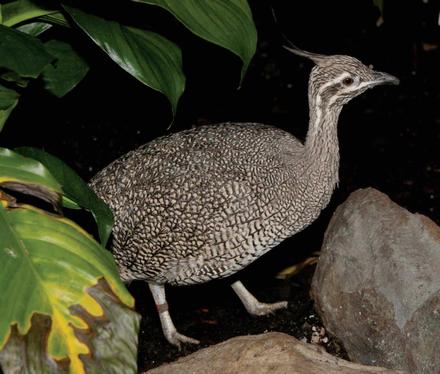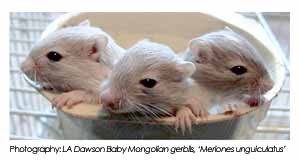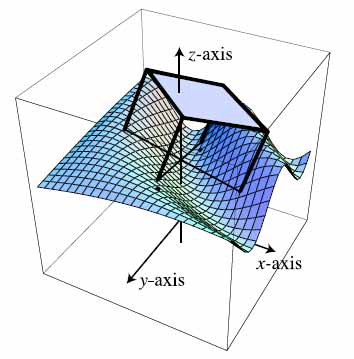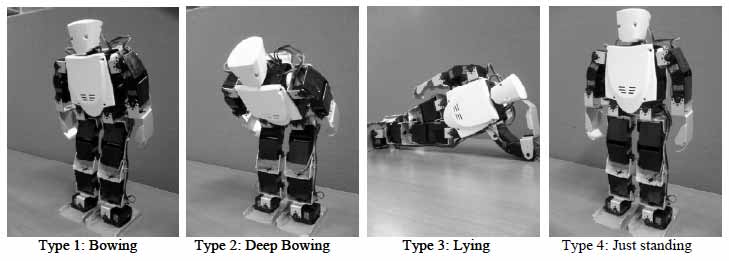 Hairy Ball Theorem Updated
Hairy Ball Theorem UpdatedThe Hairy Ball Theorem (HBT) was first postulated (and then proved) by Luitzen Egbertus...
 "Graunching" A Review Of The Literature
"Graunching" A Review Of The LiteratureOne of the first technical papers to reference ‘Graunching’ was ‘Railway Noise: Curve Squeal...
 Head Bobbing In Birds - The Science
Head Bobbing In Birds - The ScienceThe question : ‘Why do some*(see note below) birds bob their heads when walking?’ has perplexed...
 'Groucho Running' The Science
'Groucho Running' The Science Please observe the following unusual locomotive behavior which begins at around 55 seconds into...






 Ohio University.
Ohio University. 

